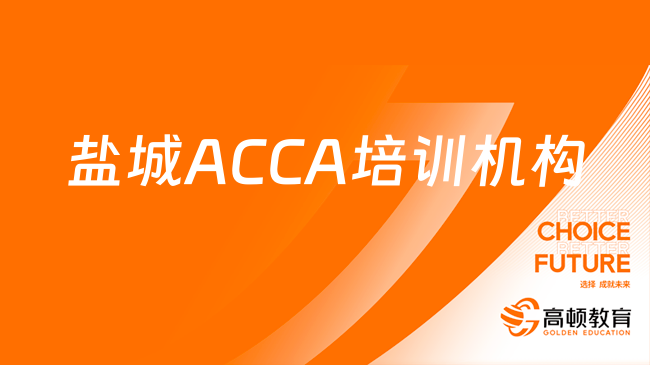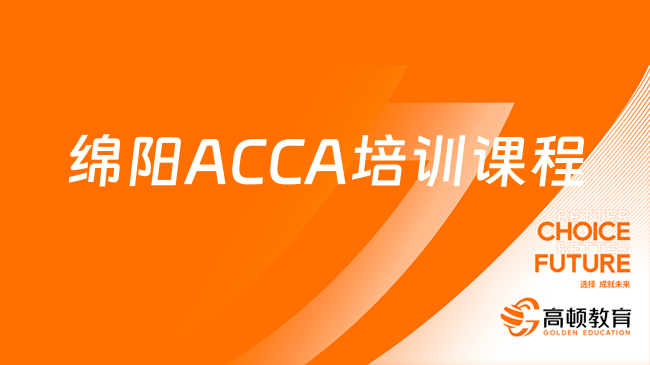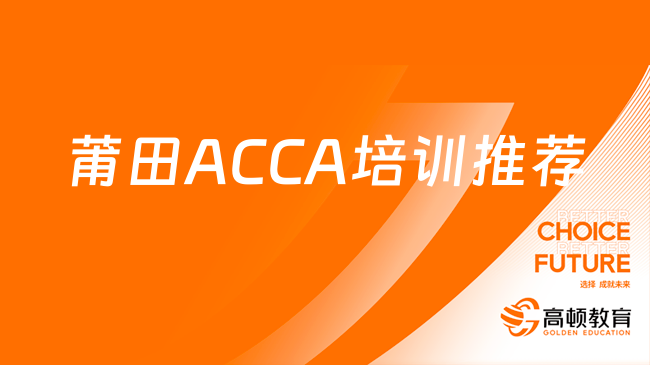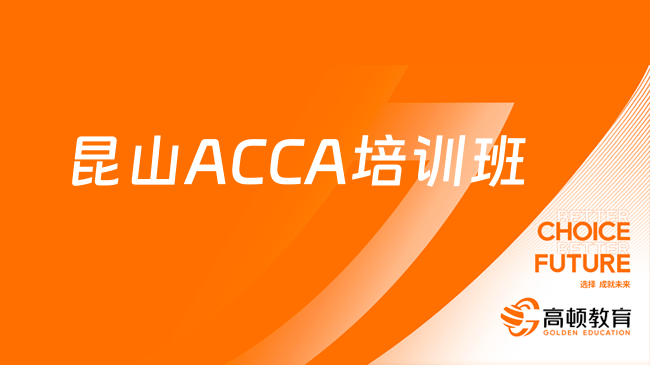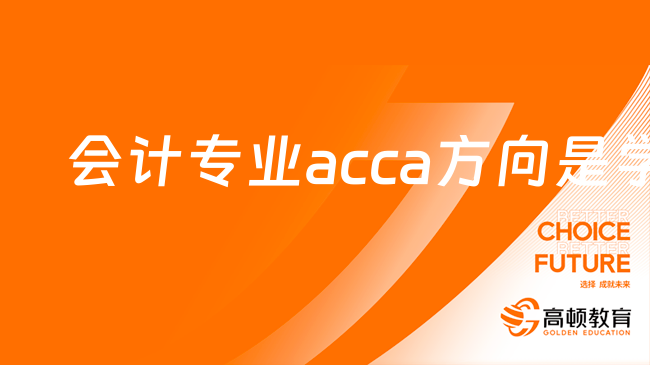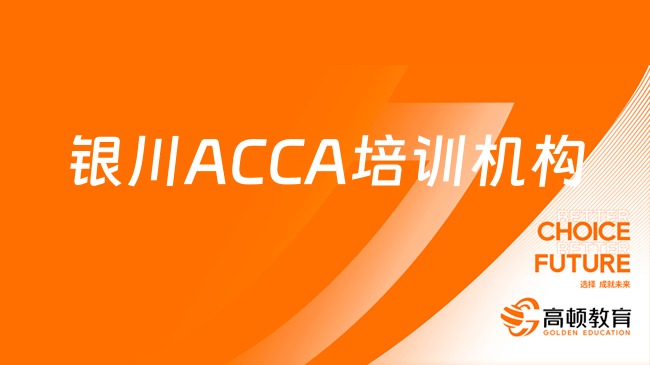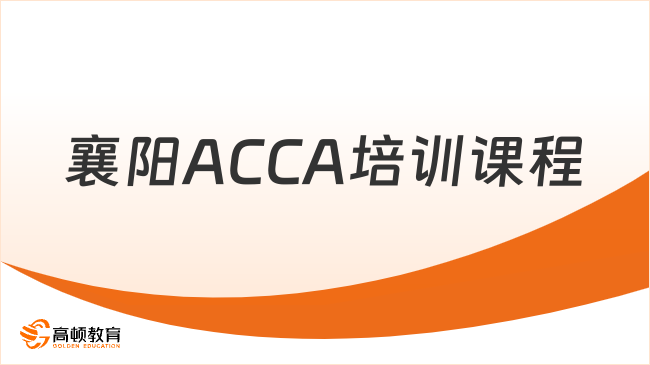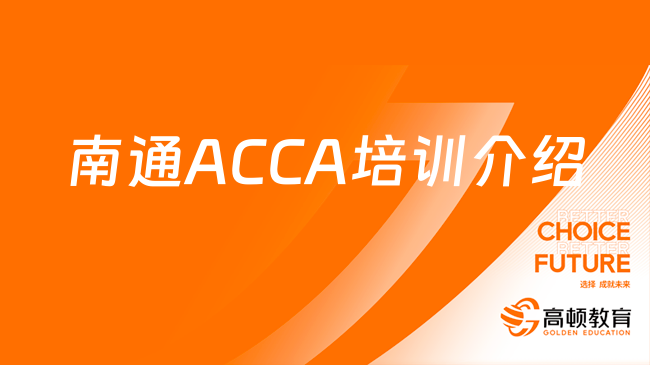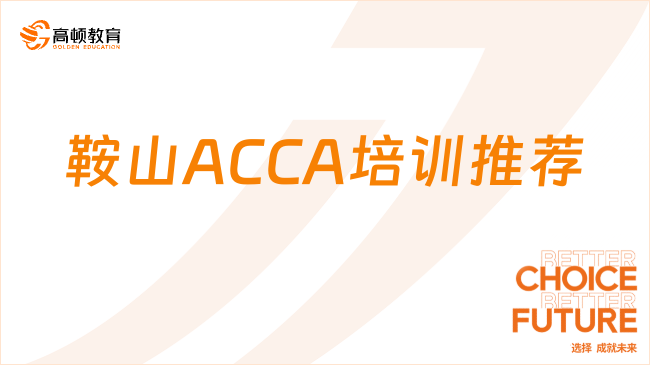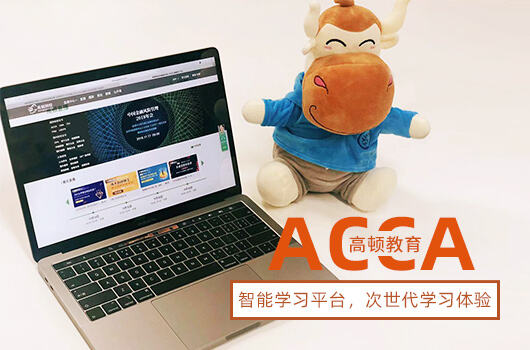2015年ACCA考试《F7财务报告》讲义辅导八
来源:
高顿网校
2015-07-31
高顿网校小编为各位学员整理了ACCA考试F7科目的基础讲义辅导,希望能够帮助大家更好地复习。
IAS 40 Investment Property now allows a property held under an operating lease to be accounted for as an investment property subject to certain conditions.
IAS 40 Investment Property now allows a property held under an operating lease to be accounted for as an investment property subject to certain conditions.
IAS40 Investment Property was issued in April 2000 to regulate the accounting for investment property. An accounting treatment for investment properties different from that for other types of land and buildings is called for because the objective for holding investment properties make them more in the nature of investments than usual properties which are consumed in the operations of the business. This standard was revised in December 2003.
1.Investment property is defined as land or building held to earn rentals or for capital appreciation or both, rather than for use in an enterprise or for sale in the ordinary course of business. A field of land purchased for its investment potential, and a building acquired under a finance lease for its investment potential are both the examples of investment properties.
2. A property interest that is held by a lessee under an operating lease may be classified and accounted for as investment property if, and only if (1) the property would otherwise meet the definition of an investment property; (2) the operating lease is accounted for as if it were a finance lease; and (3) the lessee uses the fair value model for the asset recognized. If a property interest held under a lease is classified as investment property, the item accounted for at fair value is that interest and not the underlying property.
3. Recognition
IAS40 requires recognition of investment properties as assets when they meet the normal recognition criteria – future economic benefits will flow to the enterprise and the cost of the property can be measured reliably.
4. Initial Measurement
An investment property should initially be measured at cost, including transaction costs.
5. Measurement Subsequent to Initial Recognition
IAS40 gives an enterprise the choice of adopting a cost-based policy or a fair value based policy for its investment properties. The chosen policy must be applied to all the investment properties belonging to the enterprise.
6. Under the cost-based approach, investment properties are treated like other properties, using the cost model in IAS16 Property, Plant and Equipment – that is, cost less accumulated depreciation and any accumulated impairment losses. IAS40 requires disclosure of fair value when the cost-based approach is used.
7. The fair value policy requires the enterprise to revalue its investment properties each year, any gain or loss being included in the net profit or loss for the period. Fair value will normally be obtainable by reference to current prices on an active market for similar properties in the same location and condition as the property under review. In the absence of such an active market, information from a variety of sources may have to be considered, including:
(1) Current prices on an active market for properties of a different nature, condition or location, adjusted to reflect those differences;
(2) Recent prices on less active market;
(3) Discounted cash flow projections based on estimates of future cash flows;
If it becomes impossible to measure fair value reliably, the cost-based policy should be adopted and retained until the property is disposed of.
8.Note the difference between the fair value model (permitted by IAS40) and the revaluation model (the allowed alternative treatment of IAS16). In the fair value model, all changes in fair value are recognized in the income statement for the period. In the revaluation model, increases in carrying amount are credited to a revaluation reserve. IASB believe that fair value model is appropriate for investment properties.
高顿网校温馨提醒
各位考生,2015年ACCA备考已经开始,为了方便各位学员能更加系统地掌握考试大纲的重点知识,帮助大家充分备考,体验实战,高顿网校开通了全免费的ACCA题库(包括精题真题和全真模考系统),题库里附有详细的答案解析,学员可以通过多种题型加强练习。戳这里进入ACCA免费题库>>>
| ACCA网络课程 | 课程专业名称 | 讲师 | 试听 |
 85%的人正在学习该课程 85%的人正在学习该课程 | ACCA 全维度网课体验课程 实景课堂与独立录制 覆盖所有知识点,根据学习计划推进学习进度 | 高顿名师 |  |
 70%的人正在学习该课程 70%的人正在学习该课程 | ACCA网课全科卡(8.2折) 为零基础刚开始学习ACCA的学员特别定制 | 高顿名师 |  |
精彩推荐:
版权声明:本条内容自发布之日起,有效期为一个月。凡本网站注明“来源高顿教育”或“来源高顿网校”或“来源高顿”的所有作品,均为本网站合法拥有版权的作品,未经本网站授权,任何媒体、网站、个人不得转载、链接、转帖或以其他方式使用。
经本网站合法授权的,应在授权范围内使用,且使用时必须注明“来源高顿教育”或“来源高顿网校”或“来源高顿”,并不得对作品中出现的“高顿”字样进行删减、替换等。违反上述声明者,本网站将依法追究其法律责任。
本网站的部分资料转载自互联网,均尽力标明作者和出处。本网站转载的目的在于传递更多信息,并不意味着赞同其观点或证实其描述,本网站不对其真实性负责。
如您认为本网站刊载作品涉及版权等问题,请与本网站联系(邮箱fawu@gaodun.com,电话:021-31587497),本网站核实确认后会尽快予以处理。
点一下领资料
【整理版】ACCA各科目历年真题
真题高频考点,刷题全靠这份资料
下载合集
acca全科学习思维导图
梳理核心考点,一图看懂全部章节
下载合集
2023年acca考纲解析
覆盖科目重难点,备考按照计划走
下载合集
acca备考 热门问题解答
- acca考试怎么搭配科目?
-
建议优先选择相关联的科目进行搭配报考,这样可以提高备考效率,减轻备考压力,1、F1-F4:为随时机考科目,难度较低,这里可以自行随意选择考试顺序。2、F5-F9:如果你的工作的和财务会计或者审计有关、或者你比较擅长财务和审计的话,推荐先考F7和F8。你可以选择一起考ACCA考试科目F7和F8或者先考F7(8)再考F8(7),这就要取决你一次想考几门。3、P阶段:选修科目中,建议企业首选AFM!第二部分科目进行选择,如果AA和SBR掌握学生更好,可以通过选择AAA,如果SBL掌握的好,可以自己选择APM。
- acca一共几门几年考完?
-
acca一共有15门考试科目,其中有必修科目和选修科目,考生需要考完13门科目才能拿下证书。
- acca一年考几次?
-
acca一年有4次考试,分别是3月、6月、9月和12月,分季机考科目是采取的这类四个考季的模式,而随时机考则是没有这方面的时间规定限制,可以随报随考。
- acca的含金量如何?
-
ACCA证书的含金量是比较高的,从就业、能力提升、全球认可等角度来说,都是比较有优势的证书,其含金量主要表现在以下几个方面:1、国际化,认可度高;2、岗位多,就业前景好;3、缺口大,人才激励。
严选名师 全流程服务
其他人还搜了
热门推荐
-
盐城ACCA培训机构,高顿ACCA要不要报? 2023-07-04
-
绵阳ACCA培训课程,高顿ACCA值得报吗? 2023-07-04
-
莆田ACCA培训推荐,高顿ACCA要不要报? 2023-07-03
-
昆山ACCA培训班,高顿ACCA培训介绍? 2023-07-03
-
会计专业有哪些证书大学可以考?证书报考条件及获取指南一览! 2023-07-03
-
会计专业acca方向是学什么的? 2023-07-03
-
银川ACCA培训机构,高顿ACCA有哪些优势? 2023-07-03
-
襄阳ACCA培训课程,高顿ACCA值得报吗? 2023-07-03
-
南通ACCA培训介绍,高顿ACCA课程如何? 2023-07-03
-
鞍山ACCA培训推荐,高顿ACCA推荐吗? 2023-07-03
-
西宁ACCA培训推荐,高顿ACCA有哪些优势? 2023-06-26
-
江门ACCA培训机构,高顿ACCA好不好? 2023-06-26
-
赣州ACCA培训课程,高顿ACCA推荐吗? 2023-06-26
-
廊坊ACCA培训班,高顿ACCA值得报名吗? 2023-06-25
-
大同ACCA培训介绍,高顿ACCA课程如何? 2023-06-25
-
大同ACCA培训介绍,高顿ACCA课程如何? 2023-06-25
-
保定ACCA培训推荐,高顿ACCA培训介绍? 2023-06-25
-
珠海ACCA培训推荐,高顿ACCA要不要报? 2023-06-25
-
邯郸ACCA培训介绍,高顿ACCA怎么样? 2023-06-25
-
包头ACCA培训课程,高顿ACCA课程如何? 2023-06-25
-
烟台ACCA培训推荐,高顿ACCA课程怎么样? 2023-06-25
-
洛阳ACCA培训班,高顿ACCA值得报名吗? 2023-06-25
-
徐州ACCA培训推荐,高顿ACCA怎么样? 2023-06-21
-
唐山ACCA培训介绍,高顿ACCA要不要报? 2023-06-21
-
绍兴ACCA培训课程,高顿ACCA推荐吗? 2023-06-21
-
柳州ACCA培训班,高顿ACCA好不好? 2023-06-21
-
呼和浩特ACCA培训机构,高顿ACCA培训介绍? 2023-06-21
-
海口ACCA培训推荐,高顿ACCA怎么样? 2023-06-21
-
温州ACCA培训课程,高顿ACCA怎么样? 2023-06-21
-
淄博ACCA培训机构,高顿ACCA好不好? 2023-06-21
 更多服务
更多服务






